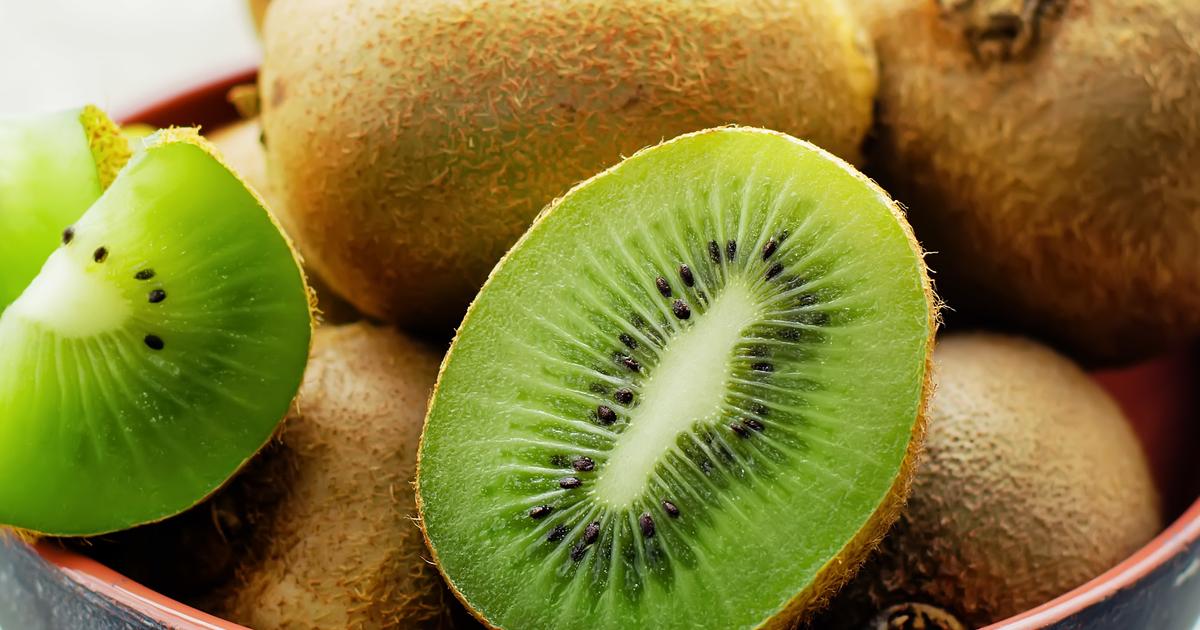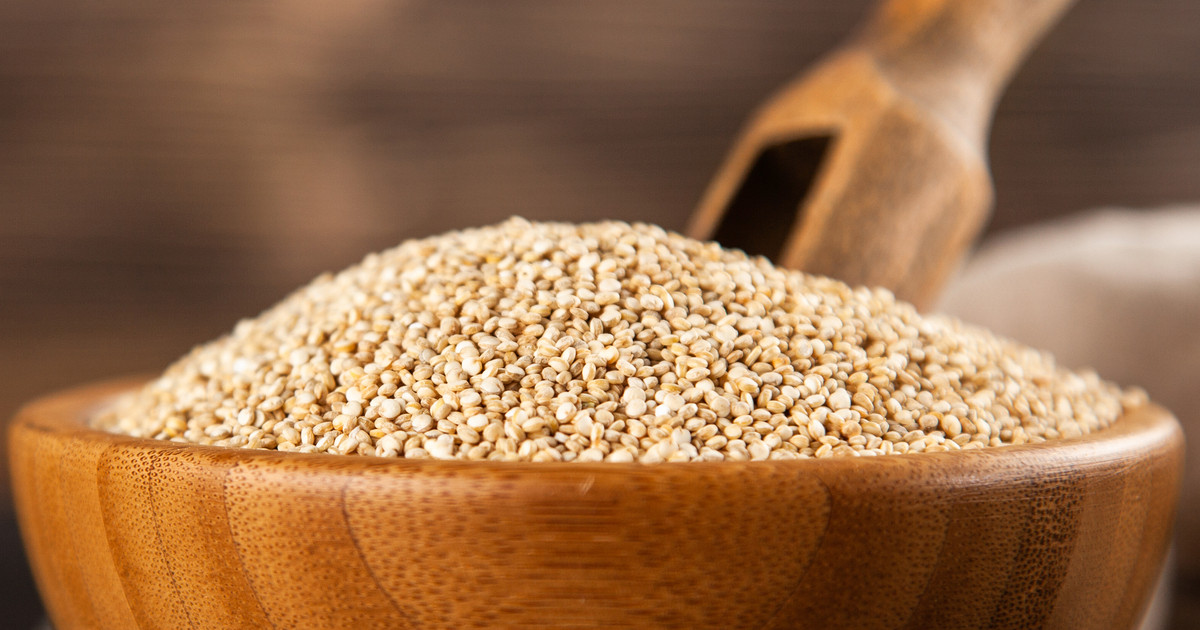Guide To High-Fiber Foods And Recipes For Irritable Bowel Syndrome
Kiwi

Many irritable bowel syndrome patients find that kiwi is a valuable addition to their diets. As a general rule, soft fruits are easier to digest than hard vegetables. Studies have shown that kiwi has significant effects on symptoms of irritable bowel syndrome. Kiwis are the most beneficial to patients who frequently experience constipation. One study was done involving participants who ate multiple kiwis a day for a month. When these individuals were compared to participants who did not do so, those who ate kiwi had a significant reduction in their overall irritable bowel syndrome symptoms. They also experienced fewer episodes of constipation. Kiwis are not only high in fiber. They also contain a substantial amount of water, and the combination makes this fruit ideal for regulating an individual's bowels. In addition, kiwis have high potassium and vitamin C levels.
More research is needed to determine if kiwi can work as a universal dietary staple for individuals with irritable bowel syndrome. However, researchers have concluded that kiwi works well as a laxative to manage constipation. Kiwi can be incorporated into smoothies, fruit salads, yogurt, and even desserts. Individuals should try combining a handful of blueberries, a few tablespoons of yogurt, half a banana, and two kiwis in a blender with some milk or water for a great smoothie. They can adjust the quantities as desired.
Discover other high-fiber foods and recipes for irritable bowel syndrome now.
Quinoa

Quinoa is another low-FODMAP food for irritable bowel syndrome patients. In addition to being packed with fiber, quinoa has a variety of proven health benefits. It is one of the most popular healthy foods in the world. Quinoa does not contain gluten. Thus, it is ideal for individuals with irritable bowel syndrome with gluten intolerance. It is also high in protein, making it great for individuals on vegetarian or vegan diets. One of quinoa's unique aspects is that it is among the only plants in the world with enough of the nine essential amino acids. Quinoa also contains iron, calcium, phosphorous, potassium, magnesium, vitamin E, and antioxidants.
Quinoa is so nutritious and so easy to grow that NASA scientists have even considered using it in space. The fiber content is also important, as there is more fiber in quinoa than individuals will find in most comparable grains. As there is a high amount of fiber in this low-FODMAP food, it is ideal for bowel regulation. Quinoa is unlikely to irritate the intestines the same way that other high-fiber foods do. For perfect cooked quinoa, individuals should combine one cup of quinoa with two cups of water, letting the mixture simmer in a saucepan. They can season as desired during and after this cooking process.
Reveal more foods and recipes for irritable bowel syndrome that are high in fiber now.
